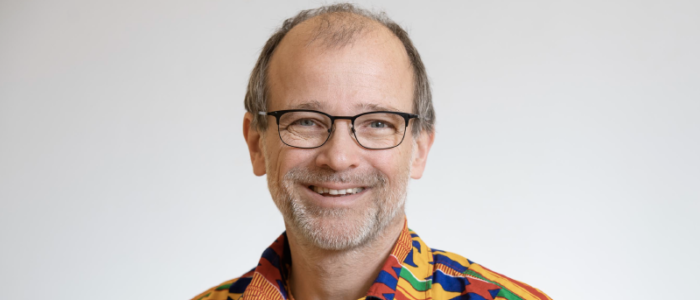Friedrich Frischknecht

Integrative Parasitology
Department of Infectious Diseases
Heidelberg University Medical Faculty
Im Neuenheimer Feld 344
69120 Heidelberg
Friedrich Frischknecht
... is a biochemist by training from the Free University of Berlin, and did his PhD with Michael Way at EMBL Heidelberg on the interaction of vaccinia virus with the cytoskeleton. During his PhD he developed an interest in host-pathogen interactions and moved to the Pasteur Institute for a postdoc to study the migration of malaria parasites during transmission from mosquito to vertebrate. He has been since 2005 a group leader and since 2014 a professor at Heidelberg University, where his laboratory aims at understanding how malaria parasites form and move. To this end they use reverse genetic, microscopy, and biophysics approaches. He is vice chair of the DFG collaborative research center SFB 1129 (Integrative analysis of pathogen replication and spread), co-director of the Biology of Parasitism course at the Marine Biological Laboratory in Woods Hole, and editor for Parasitology in Molecular Microbiology.
Since 2014 Professor for Integrative Parasitology at Heidelberg University
Since 2005 Group leader at Heidelberg University Medical School
2001-2005 Postdoc at Institut Pasteur, Paris
1996-2000 PhD student at EMBL, Heidelberg
1995-1996 Research student at LMB, Cambridge
1990-1996 Student of biochemistry at Free University Berlin
Research synopsis
We are interested in the molecular and cellular biology of the Plasmodium parasite forms that infect the mosquito and are transmitted from the mosquito to the vertebrate host. We specifically are interested in the role of microtubules in parasite formation and shape maintenance, as well as in the rapid actin/myosin-mediated migration of these forms. We currently invest heavily in 3D visualisation of parasite formation and in generating genetically-attenuated parasites with the aim of performing clinical studies in humans.
This study is Project 8 of the SPP 2332 PoP.






